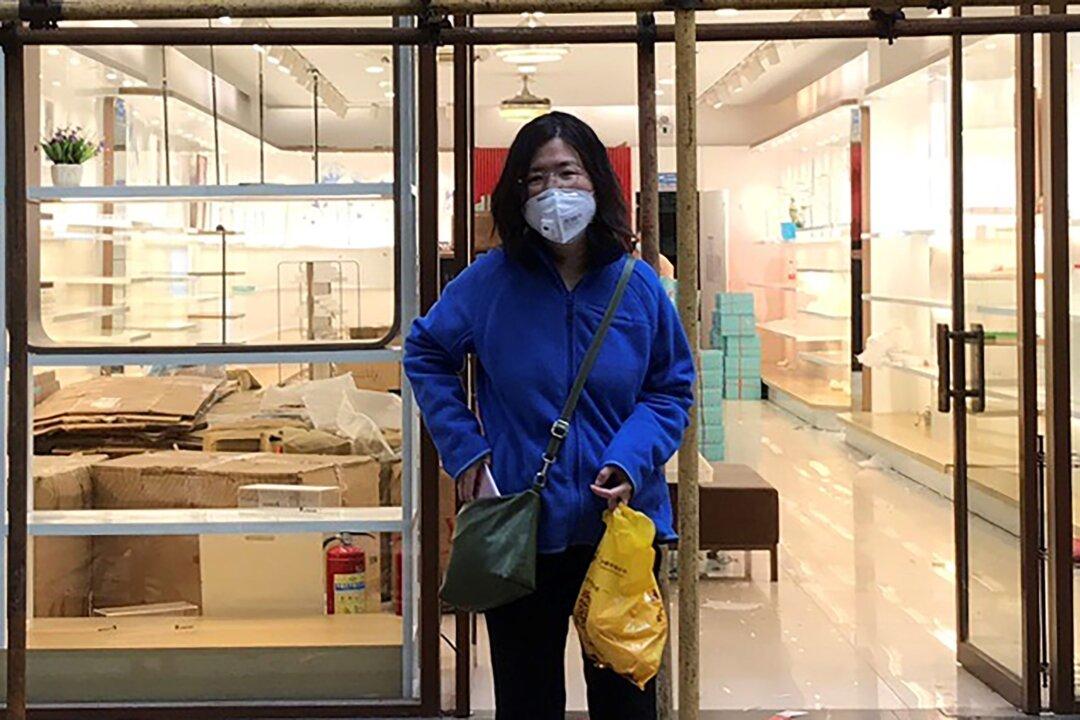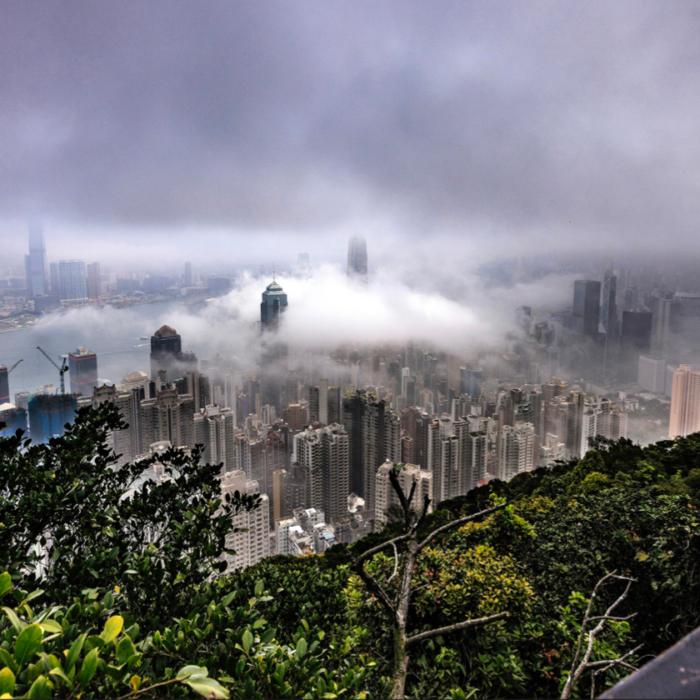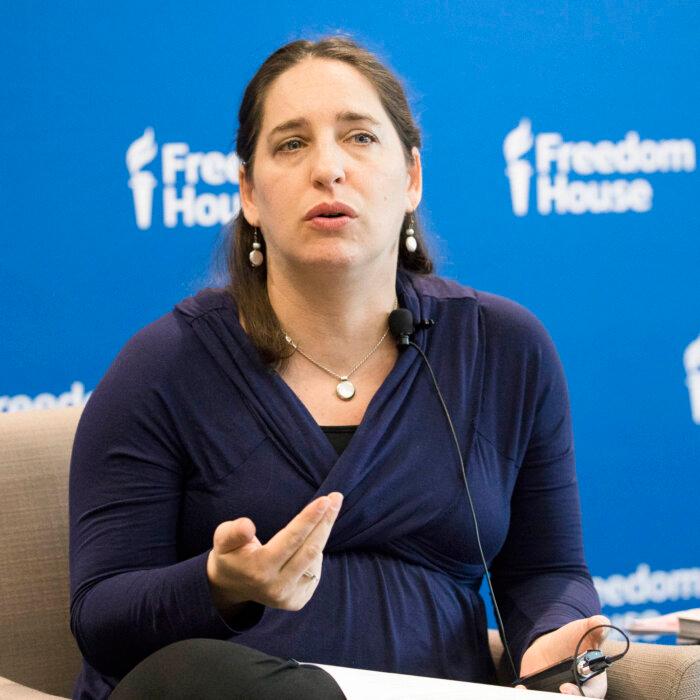The U.S. government and the European Union (EU) have expressed concerns about the well-being of a Chinese citizen journalist who was jailed for covering early COVID-19 outbreaks in China.
Ms. Zhang was set to be released on May 13, but she has not been seen in public since then, and her family has not confirmed her return home.
“The United States is deeply concerned over reports that PRC citizen journalist Ms. Zhang Zhan has disappeared following her expected release from Shanghai Women’s Prison on May 13 after four years in prison,” State Department spokesperson Matthew Miller said in a statement released on May 16. PRC is the acronym for China’s official name, the People’s Republic of China.
“We reiterate our call for the PRC to respect the human rights of Ms. Zhang, including by immediately ending the restrictive measures that she and all journalists in the PRC face, which include surveillance, censorship, harassment, and intimidation,” Mr. Miller said.
“Journalists in the PRC should be safe and able to report freely.”
Nabila Massrali, spokesperson for the EU’s Foreign Affairs and Security Policy, took to X, formerly known as Twitter, on May 16 to express concerns about Ms. Zhang’s whereabouts.
‘Disappeared’
Jane Wang, a UK-based activist who has campaigned for Ms. Zhang’s release, took to X on May 13, saying that Ms. Zhang’s family has been under “enormous pressure and warned severely not to give media interviews.” She said that a Chinese activist “has been summoned by police” for speaking to Ms. Zhang’s mother about picking up her daughter at the Shanghai prison.In her X post, Ms. Wang said the silence surrounding Ms. Zhang could suggest several possibilities; she could be a prisoner in her own home, she could be in detention at a medical facility without having access to her family, or she could have been subjected to forced disappearance.
“It’s poignant that #ZhangZhan, who inspires us to fight for transparency and the right to information, has been ‘disappeared’ and her family silenced once again,” Ms. Wang wrote in an X post on May 17.
Maya Wang, associate director in the Asia division of Human Rights Watch, said that she suspected that Ms. Zhang “will remain under tight police surveillance” with “restrictions on her movement,” in an X post on May 13, after she failed to get confirmation of Ms. Zhang’s release.
Spain-based rights group Safeguard Defenders, in an X post earlier this week, speculated that Ms. Zhang had become a victim of China’s system of “non-release release” (NRR) because of the “lack of news” about her.
“The informal detention may take the form of house arrest, enforced travel and confinement to a hotel room, or confinement at a police-owned facility,” the report reads. “While Chinese police employ many kinds of arbitrary detention, NRR is the only one that is imposed on a victim immediately after they have spent months or even years in custody and thus represents a particular cruelty for the victim and their loved ones.”







